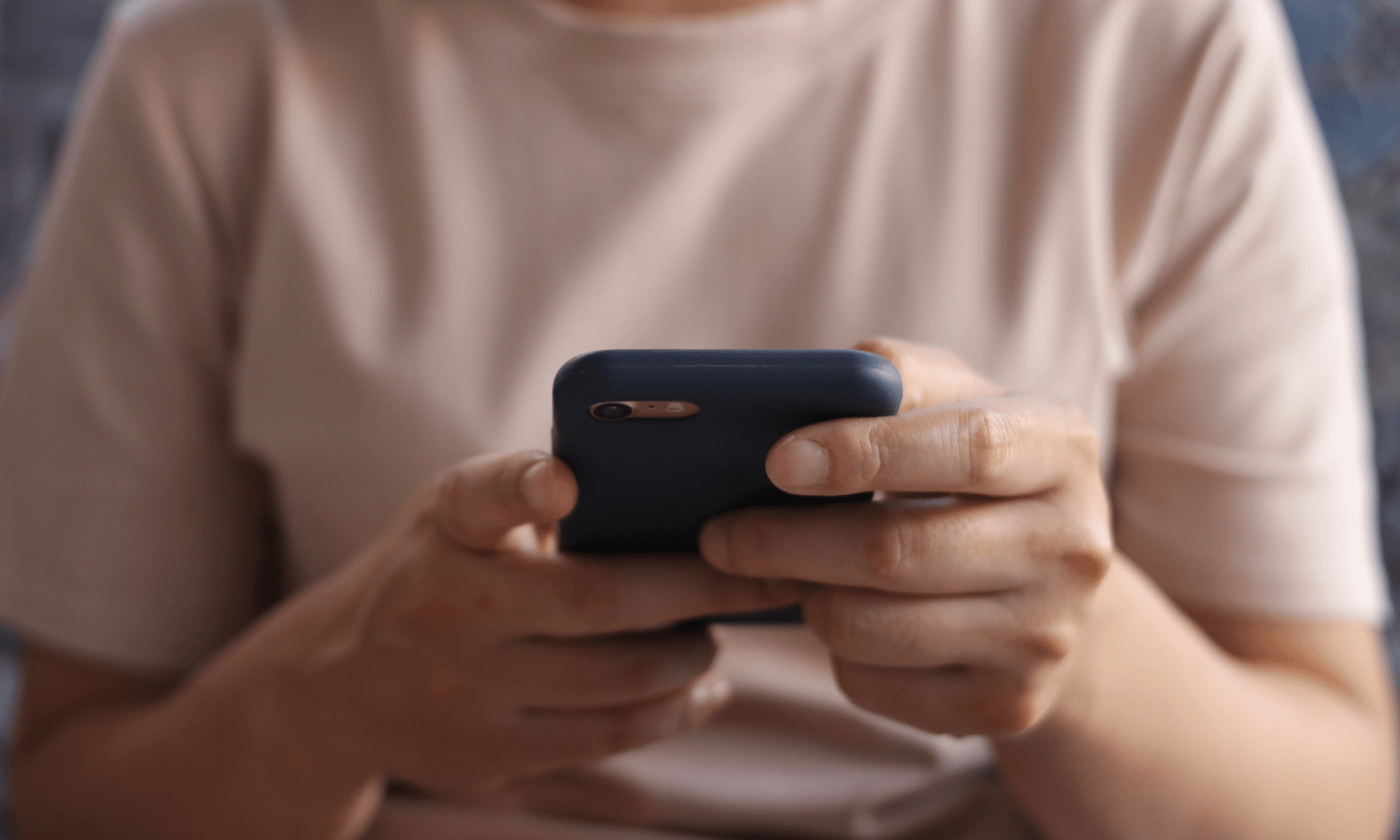All posts
Dangers of Self-Diagnosis
Do you Google your symptoms when you’re unwell? Most Australians do. A 2019 study showed 54% of Australians use Google to search medical questions and symptoms at least weekly. Smartphones have made it easier than ever to find medical information fast. But relying on Doctor Google, social media, and online mental health tests and screening […]


Do you Google your symptoms when you’re unwell? Most Australians do.
A 2019 study showed 54% of Australians use Google to search medical questions and symptoms at least weekly.
Smartphones have made it easier than ever to find medical information fast. But relying on Doctor Google, social media, and online mental health tests and screening tools alone can be harmful.
While most Australians are searching for cold and flu remedies on Google (51%), a whopping 18% of Australians are searching queries related to mental health.
We’ve also seen a rise in TikTok mental health ‘checklists’ leaving young people self-diagnosing anxiety and other mental health conditions.
Regional Manager Val Holden shares her thoughts on self-diagnoses and her advice to get the right support.
The Unreliability of Doctor Google
Concerningly, 1 in 4 Australians admit to using Google at least once to address their health needs instead of visiting a doctor.
60% of Australians have been convinced they’ve had a certain illness after Googling their symptoms, only to find out later it was something else.
This isn’t surprising, because when it comes to physical and mental health, everyone’s individual circumstances are so different. There’s no one-size-fits-all (or one-diagnosis-fits-all) solution.
“Everyone is different and can have very different reactions to situations and past experiences,” explains Val.
“What seems true and accurate for one person may be vastly different for another. You might think hey, that sounds like how I feel, but your journey can be very different. What applies to one person may not apply to you.”
Val explains that getting an incorrect diagnosis can have dire consequences.
“If we self-diagnose, we can read what we see online and choose to believe it or not. This can be dangerous,” she says.
“We can assume we have a particular diagnosis and be totally wrong, or we could have something that we need help with and decide not to seek help because of shame or fear.”
Information without Aftercare
Even when the internet does point toward a diagnosis that may be accurate or helpful to you, it’s crucial to see this as a guide only and still seek a professional opinion.
There might be something else going on for you that needs attention and goes undiagnosed/untreated if you don’t see a professional.
Val explains that self-diagnosing a mental health condition like anxiety, depression, or ADHD without an official professional diagnosis can be a huge risk for not getting the right support or treatment plan.
“The internet is a source of so much information – about everything,” Val says.
“It can be a great resource, but when we set out to search, we get information with no support. This may be harmful as people who have mental health diagnoses often need ongoing support and help from trained professionals.”
Getting the Right Support
If you’re concerned about your symptoms, Val stresses the importance of seeing a mental health professional rather than relying on the internet alone. It’s natural to seek answers and understanding from the internet, but this approach doesn’t give us an accurate diagnosis or appropriate plan forward.
“When we seek help from a trained professional in this area, we’ll be held safe and have a plan of action to assist us to seek the help we need in a professional and supportive environment,” Val says.
“Professional support and counselling are paramount in getting the right treatment plan for you. One that is tailored to your needs and helps you manage your mental health.”
If you need someone to talk to, our counsellors offer a safe space to explore your thoughts and feelings and find coping strategies that work for you.
You can learn more about our counselling service here, or call 1300 364 277 to make an appointment.
We offer tips to ask for help when you’re not doing your best here.
Back to all posts